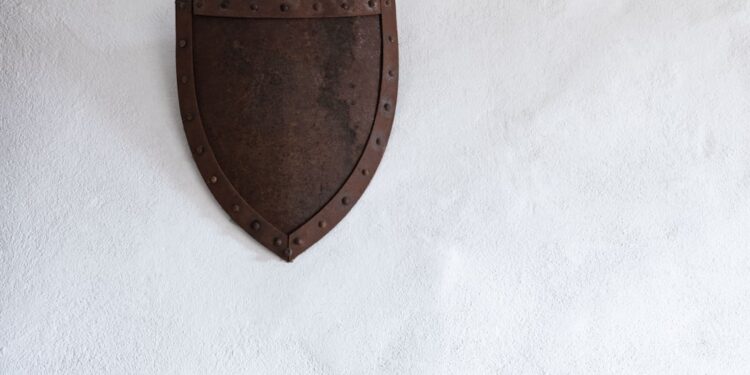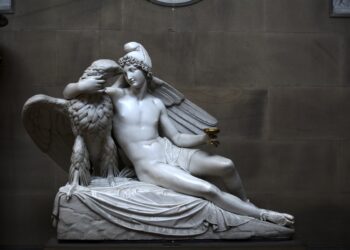In medieval England, what was the penalty for stealing a loaf of bread?

Flogging
Fines
Hand amputation
Imprisonment
What law did King Edward II of England enact regarding armor in 1322?

Ban on wearing armor in parliament
Mandatory armor for all men
Armor tax for nobles
Free armor for knights
In 14th century France, what was forbidden to do in a vineyard?

Singing loudly
Walking at night
Carrying a weapon
Eating grapes
How were disputes over land typically settled in medieval Scandinavia?

Dueling
Judges’ decision
King’s decree
Community vote
What was the punishment for poaching royal game in medieval England?

Community service
Fines and imprisonment
Execution
Exile
In medieval Venice, what was prohibited during nighttime?

Selling fish
Singing
Wearing masks
Boating
What unique law did medieval Iceland have regarding shipwrecks?

All wrecks are royal property
Locals could claim salvage rights
Ships must be burned
Wreckage used for community buildings
In medieval Germany, what was required to open a bakery?

Royal permission
Church blessing
Guild membership
Town mayor approval
What was outlawed in late medieval Florence to curb violence?

Public gatherings
Carrying knives
Gambling
Drinking alcohol in streets
Which activity was taxed in medieval Hungary to fund military expenses?

Baking bread
Brewing beer
Sewing clothes
Building houses
In medieval Paris, what were butchers prohibited from doing on Sundays?

Selling meat
Hunting
Working
Attending church
What was the penalty for adultery in medieval France?

Public shaming
Exile
Flogging
Execution
In medieval England, who was responsible for maintaining bridges?

Local farmers
The church
Guilds
All citizens
What law concerning bread quality was enacted in 13th-century England?

Weight regulation
Price fixing
Quality inspection
All of these
In medieval Scandinavia, what was a legal way to end a marriage?

Wife selling
Husband exile
Public announcement
Church decree
What medieval law did King Louis IX of France establish about gambling?

Ban in royal court
Tax on winnings
Gambling for nobles only
Legal in taverns
In 12th-century Germany, what was the penalty for damaging a tree in a royal forest?

Fine
Flogging
Hand amputation
Exile
During the medieval period in Italy, what was the tax on salt known as?

Salt duty
Gabelle
Salina tax
Halite fee
In medieval England, what was a common punishment for arson?

Exile
Execution
Fines
Imprisonment
What requirement was placed on medieval London bakers?

Mark bread with stamps
Sell only at market
Use specific grains
Bake daily

Medieval Misstep?
Your grasp on medieval laws is a bit rusty!

Squire in Training
You’re on your way to mastering the medieval code!

Law Lord of the Land
Impressive! You’ve mastered the intricacies of medieval law!






